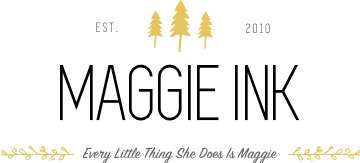Maybe I’ve been in the developing world too long and have become immune to suffering — because I didn’t even notice the dying donkey on the sidewalk until I stepped over him.
The donkey’s gray fur was matted with sweat, urine and dirt. Chunks of skin were missing along the length of his legs. His mouth trembled with a large pink lesion, and his eye was weeping fluid. He panted. His ear flicked. He looked about two breaths away from death.
My friend Tanya stopped, pressed her hands against her heart and made sympathetic noises.
Then we walked on. There was nothing we could do.
After lunch we walked past the donkey again. I shook my head and turned away. He looked dead. We were too late.
But Tanya whipped a plastic grocery bag and a bottle of water out of her backpack.
She situated the bag underneath the donkey’s snout, careful to avoid covering his nostrils, and poured a small bit of water inside the bag. The donkey’s eyelid fluttered ever so slightly.
The donkey no longer had the energy to move his head, but the side of his mouth tried to slurp the water. Slowly, slowly, he emptied the bag.
Again, Tanya filled the plastic with water and tipped it enough to drain into the donkey’s mouth.
By now a small crowd had formed around us. People who were hurrying to catch the bus, vendors from local stalls, women with babies in their arms, taxi drivers, businessmen on their way home from work — they all stopped. One man said the donkey had been there for three days, but this is the first time anyone paid any attention to him.
My friend Deborah started on water duty, while Tanya and I carefully hoisted the donkey’s head and neck up a few inches to give him a better angle for drinking.
One leg kicked. Then another.
“Water makes donkey strong!” said a man on the street, who stopped to watch the commotion.
Another man walked along the sidewalk and picked handfuls of grass and weeds. He brought these greens to the donkey and laid them beside his head.
Two more men lifted the donkey a few inches off the ground, then positioned him a few feet away on flatter, less rocky ground.
“It’s better,” one man said, nodding to the donkey. “More comfort.”
The donkey guzzled nearly four liters of water and looked remarkably better. He still didn’t have the ability to stand, but he no longer looked pained. Tanya looked up the number for a donkey rescue organization and told them how to find the dying animal.
It was a valuable lesson for me. When I thought there was nothing I could do for this poor donkey, there actually was. And it also demonstrated how action becomes inspiration, and inspiration becomes further action.
I don’t know if Tanya saved that donkey — but she certainly made an impact on every person who stopped on the street and witnessed her compassion. And that includes me.













